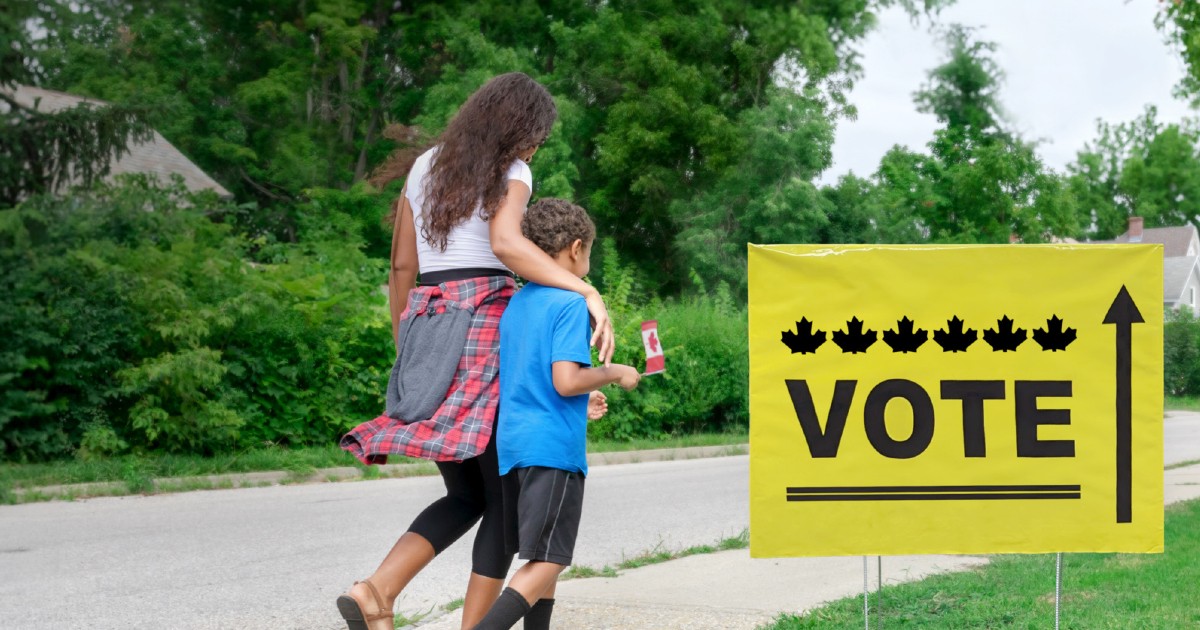 The backpacks are picked out and the lunch bags are ready. And while children are excited about the start of a new school year, we need only watch the news reports of abductions and abuse to be reminded of the importance of safety. Here are nine tips to help protect your child.
The backpacks are picked out and the lunch bags are ready. And while children are excited about the start of a new school year, we need only watch the news reports of abductions and abuse to be reminded of the importance of safety. Here are nine tips to help protect your child.
1. Make a Plan
Establish a safe and direct walking route to school that will be used each day. With a younger child, be sure to practise walking the route, reminding him to look both ways before crossing a street. If your child is going to ride a bike, be sure that he wears a helmet and remind him of the rules of the road.
2. Travel With Others
There is safety in numbers, so have a buddy system and tell your child that she should never go anywhere on her own. Encourage your child to find a classmate or friend who lives close by so they can travel to and from school together.
3. Have a Back-Up
Prepare a short list of close family members or friends who can pick up your child from school in your absence. Stress to your child that you will not send anyone to pick them up who is not on the list. Also, have a code word and teach him not to go anywhere or with anyone from your list who does not know it. As well, if one of his friends has a work-from-home mom or dad, find out if they are willing to let you use their home as a safe place.
4. It's OK to be Rude
Teach your child to go back into the school and tell someone if anyone unfamiliar approaches them, wants help finding a lost puppy or fellow student, or wants to give them a ride. There are times when it is acceptable to be rude to a stranger (to avoid talking to them or run away). This could save your child's life!
Helpful Websites
www.safekidscanada.ca
safecanada.ca/kids
childsafecanada.com
5. Safe Arrival Plan
If your child is old enough to be unsupervised (at least 12), nothing advertises “I'm home alone” louder than a key around the neck. Instead, choose which backpack pocket will safeguard the house key. After arriving home, your child should quickly phone or text you at work to let you know she has arrived home safely. It's also helpful to have a set time that you expect her to contact you. If she doesn't call by this time, you should call her.
6. Home-Alone Activities
The time between arriving home and waiting for a parent to arrive can be the most stressful, lonely or easiest to get into trouble. Plan some fun activities your child can do while he waits for you to come home. Find ways to limit the amount of time your child is home alone after school. If your work has flexible hours, try going to work and ending your day earlier. Find a trusted relative who is willing to stay with your child or enrol him in an after-school program.
7. Determine After-School Rules
Work with your child to determine house rules for having friends over while you are absent. After-school play dates should be planned a day in advance so that arrangements can be made for going to a friend's house and travelling home again. Teach your child never to answer or open the door when you are away from home.
8. Know What to Do When …
Have a list of phone numbers that your child can call if he can't reach you. Include numbers for your work, your cellphone, grandparents, a neighbour and emergency services. These may be numbers that he already knows, but in a crisis, he may have trouble remembering them. It's also important to discuss situations when the police or 911 should be called for assistance. Have conversations that explore “What would you do when … ?” scenarios.
9. Know Your Responsibilities
There are many things we want our child to do in order to keep safe, but parents have responsibilities, too. We are the model our children will follow. If you are going to be late, phone home and let your child know. Avoid changing plans at the last minute. If you have arranged for someone to pick up your child or have changed pre-arranged plans, call the school and ask them to update your child. Keep a current photo of your child on hand together with a chart with her height, weight, close friends' names, addresses and phone numbers. Planning ahead will help keep you calm in a moment of crisis.
Choose the safety tips that work best for you and your family, and be sure that every family member knows the rules and sticks to them. Review these rules throughout the school year, make improvements as necessary and keep everyone informed and safe.
Valerie Pavey is the Children's Ministries Consultant, THQ Corps Ministries.









Leave a Comment